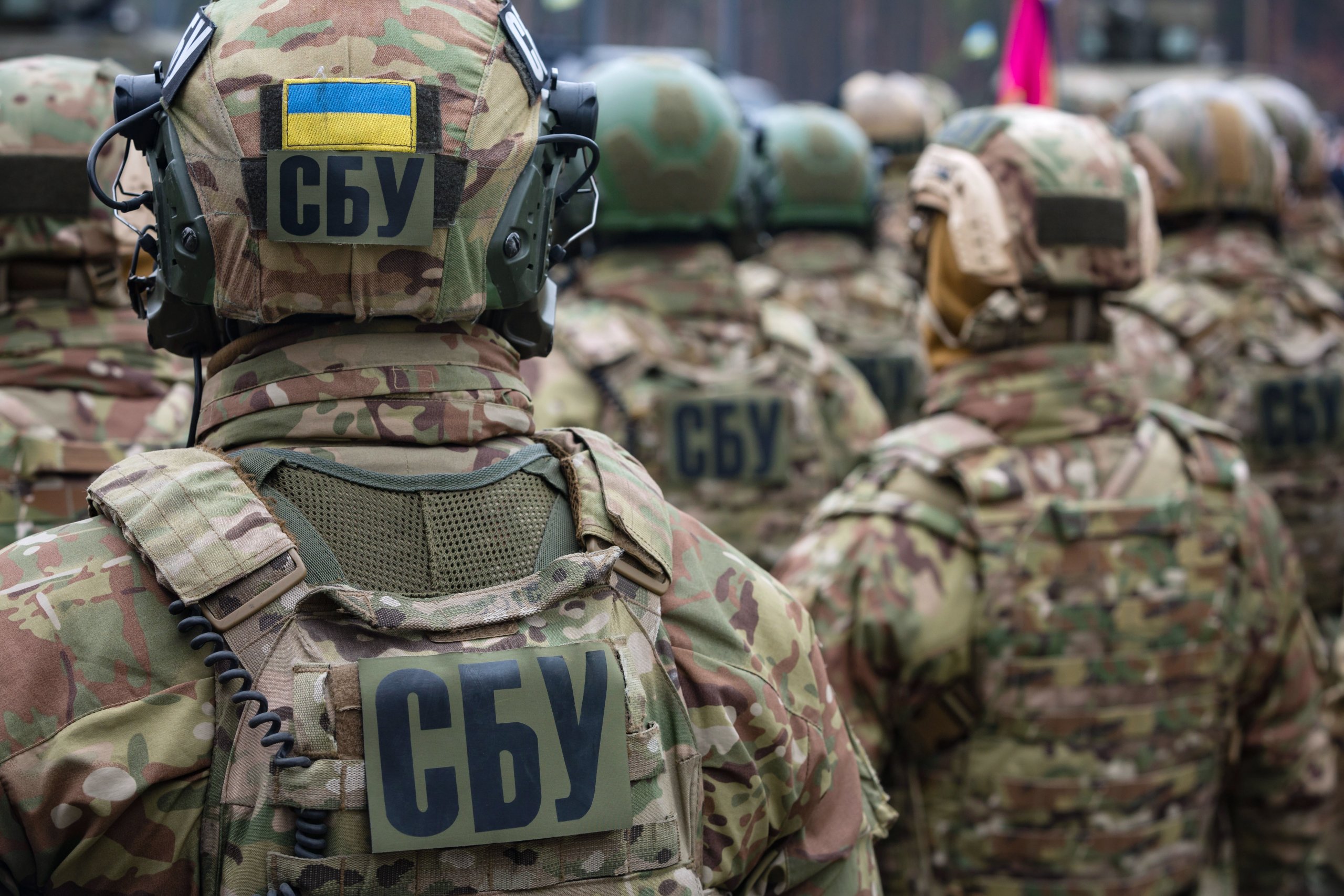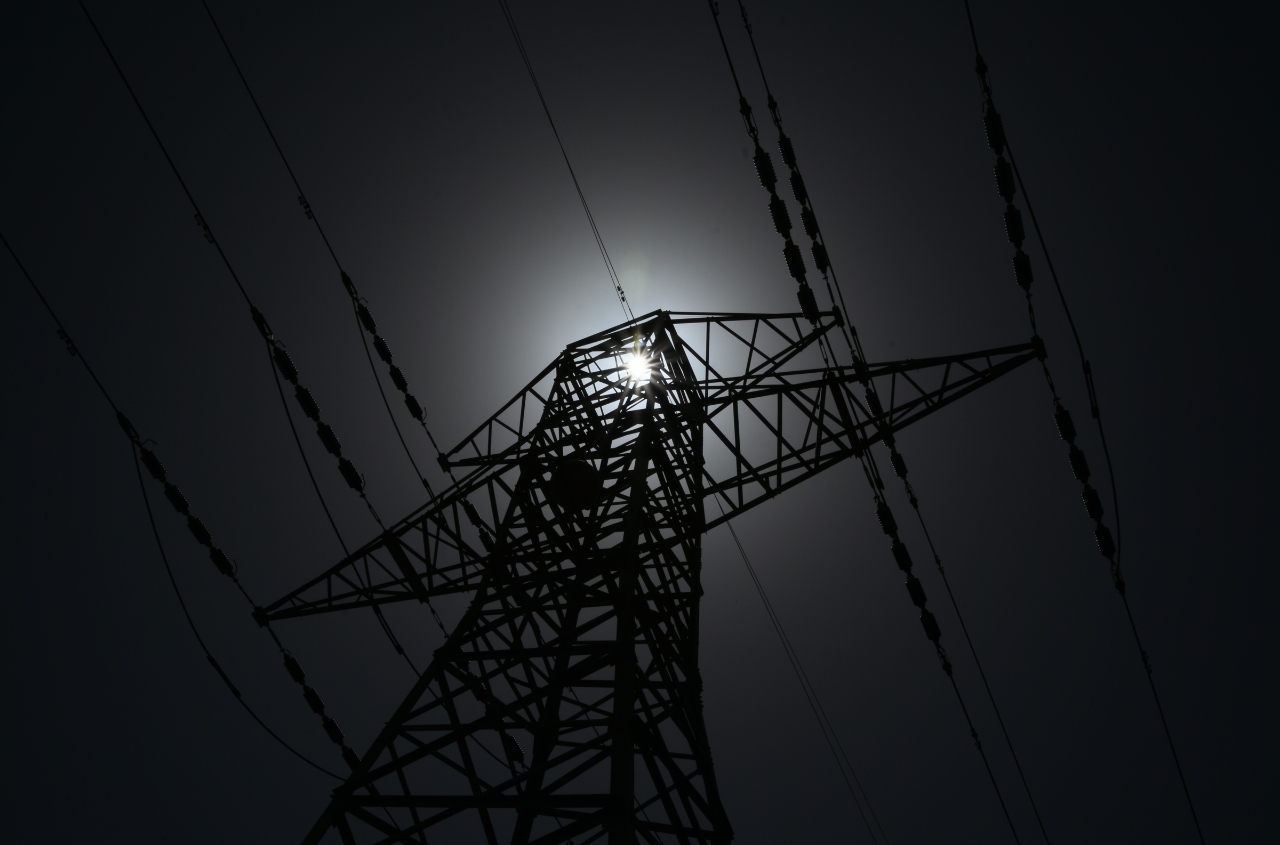Recently downed "shaheeds" revealed an increase in Russian components. This is one of the testimonies that the final stage of assembling these UAVs takes place on the territory of the Russian Federation.
This information was provided by the representative of the Main Intelligence Directorate of the Ministry of Defense of Ukraine, Vadim Skibitsky, in an interview with RBC-Ukraine.
According to preliminary data from Ukrainian Military Intelligence, Russia has started working on establishing a robust production of UAVs of this type within its territory.
"In the second half of this year, the adversary planned to manufacture 1300 units of the so-called 'Geran-2', or 'shaheeds': the Russians could use components from both foreign and domestic production. However, in reality, they are not capable of producing such a quantity of UAVs at this time," said Vadim Skibitsky.
He added that multiple enterprises within Russia are involved in the production of combat drones and their components. Currently, Ukrainian intelligence is working to identify the locations and actual volumes of UAV production in Russia.
According to Vadim Skibitsky, the success of the Russian plans will depend on how effectively Ukraine works in tandem with its partners on sanctions.
"We are sharing information with our partners to identify and close the supply routes of components, equipment, machinery, and software used specifically for the production of UAVs within Russia. Additionally, these enemy's plans will rely on the successful kinetic actions against the facilities participating in the production of these drones in Russia," noted the representative of the Main Intelligence Directorate of the Ministry of Defense of Ukraine.
Combat drones play a significant role in the new tactics of Russian shelling: they combine the use of UAVs and missile armament. This is one of the scenarios that the adversary may employ in the autumn-winter period for attacks on Ukraine's energy infrastructure.
"On our part, we will do everything to protect our facilities, promptly detect preparations for attacks, and accordingly provide recommendations to our energy workers to prevent serious damage," Vadim Skibitsky concluded




















